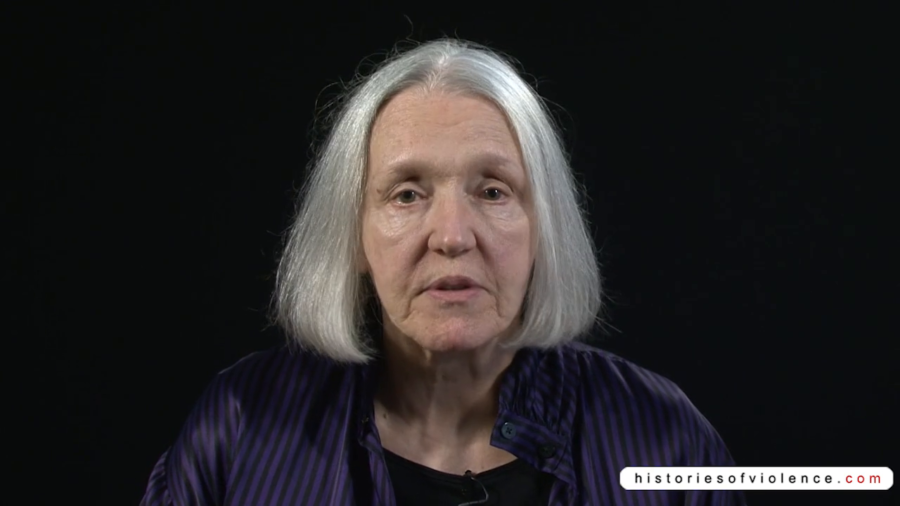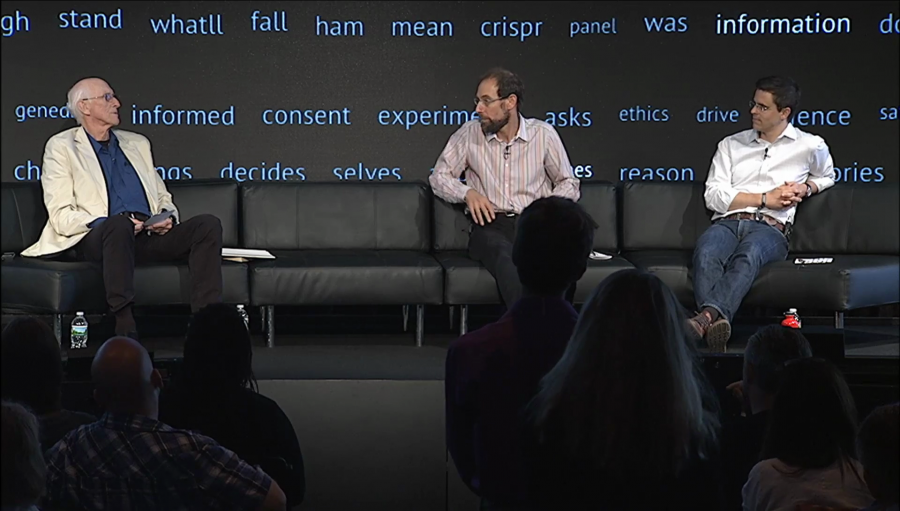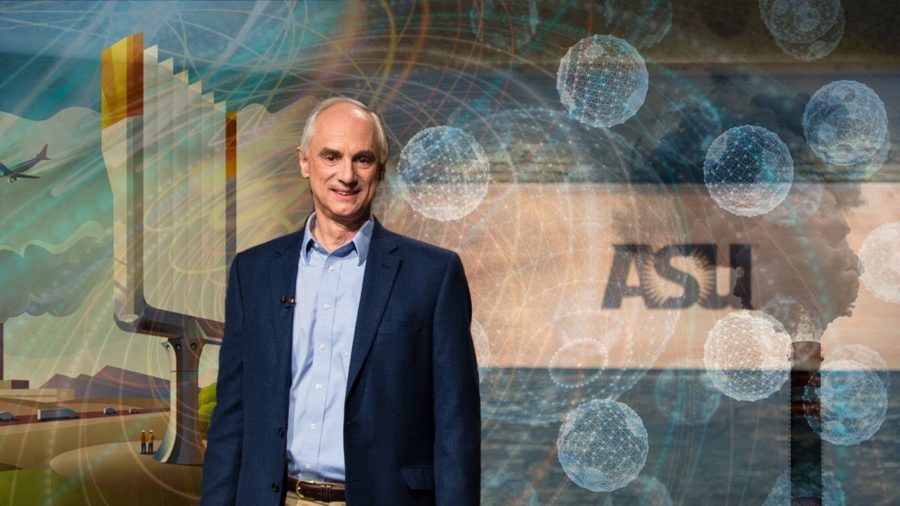For this theoretical physicist here it seemed actually very simple. It’s a conservation law. If you take carbon out of the ground and you put it into the system it will stay there unless you take it back out. From a societal perspective, this is much much more complicated because as we fix it there will be winners and losers.
Archive

Disposable life. What comes to my mind is a set of dynamics, I think, that are marking the current period, that are marking a difference in the current period. And it is the multiplication of expulsions. And once something is expelled (and I’ll elaborate) it becomes invisible. And that is part of the tragedy, I think.

I don’t want to live in a world where ISIS is scarier than hackers, especially in 2016. We previously held the title in 2013, ’14, and ’15. And to be honest I was a little bit disappointed when I saw this result. So I thought I’m in my 40s now, there’s a lot of young hackers in the audience, and I’m not going to pass the baton to you guys unless we have that number one spot back in our pile.
I actually think you can trace many many of these big systemic crises to being symptoms of the flawed idea that economic growth can go on indefinitely, exponentially, on a finite planet. That’s sort of my North Star. And then as a finance person, why do we think we need economic growth? Well, because the way our capital system works is that capital demands that growth.

Solar geoengineering rests on a simple idea that it is technically possible to make the Earth a little more reflective so that it absorbs a little less sunlight, which would partly counteract some of the risks that come from accumulating carbon dioxide in the atmosphere. When I say technically possible, it appears that at least doing this in a crude way is actually easy, in the sense that it could be done with commercial off-the-shelf technologies now, and it could be done at a cost that is really trivial, sort of a part in a thousand or a part in ten thousand of global GDP.
You’re dealing with timescales that are beyond humans’ interest. I mean, it’s sorta like global warming. The heat that we have now built up, that carbon was burned thirty years ago. It’s going to take a while for the correction process. So, if you have the elements of the phosphorus, the potassium, the manganese, and so on, it can be built back pretty fast. But a shorthand way of putting it is that soil is as much of a non-renewable resource as oil. And, more important than oil. I mean, we’re talking about stuff we’re made of. So that’s why I’ve said that the plowshare has destroyed more options for future generations than the sword.
I don’t think ecological awareness is a sort of “happy happy joy joy, we are all earthlings” thing. I think it’s actually a kind of uncanny realization. On the one hand there’s no away, on the other hand what the hell is this? “This is not my beautiful waste. This is not my beautiful toilet. This is not my beautiful Pacific Ocean.” You know, all of a sudden these things become somehow not exactly what we thought they were.

